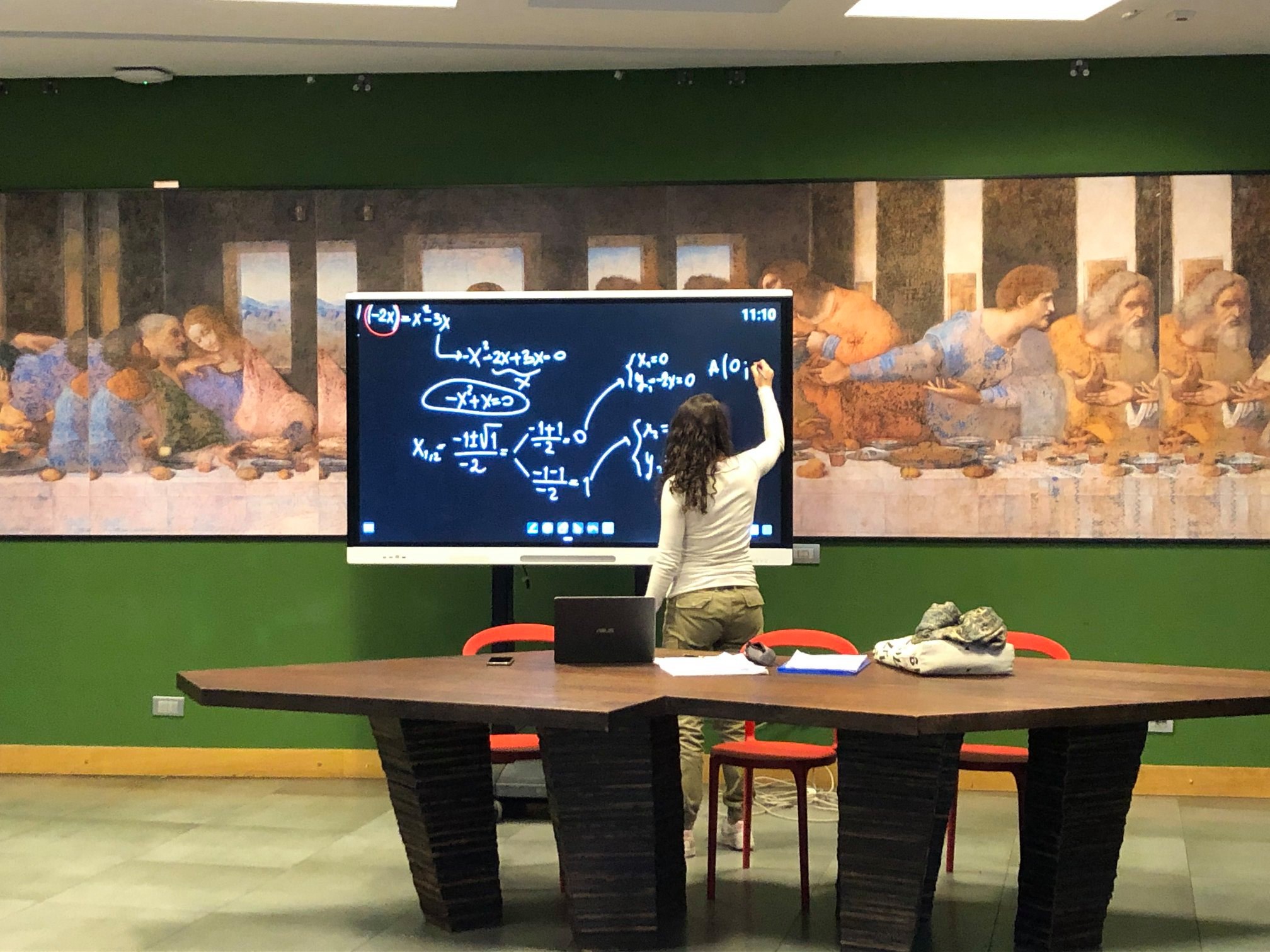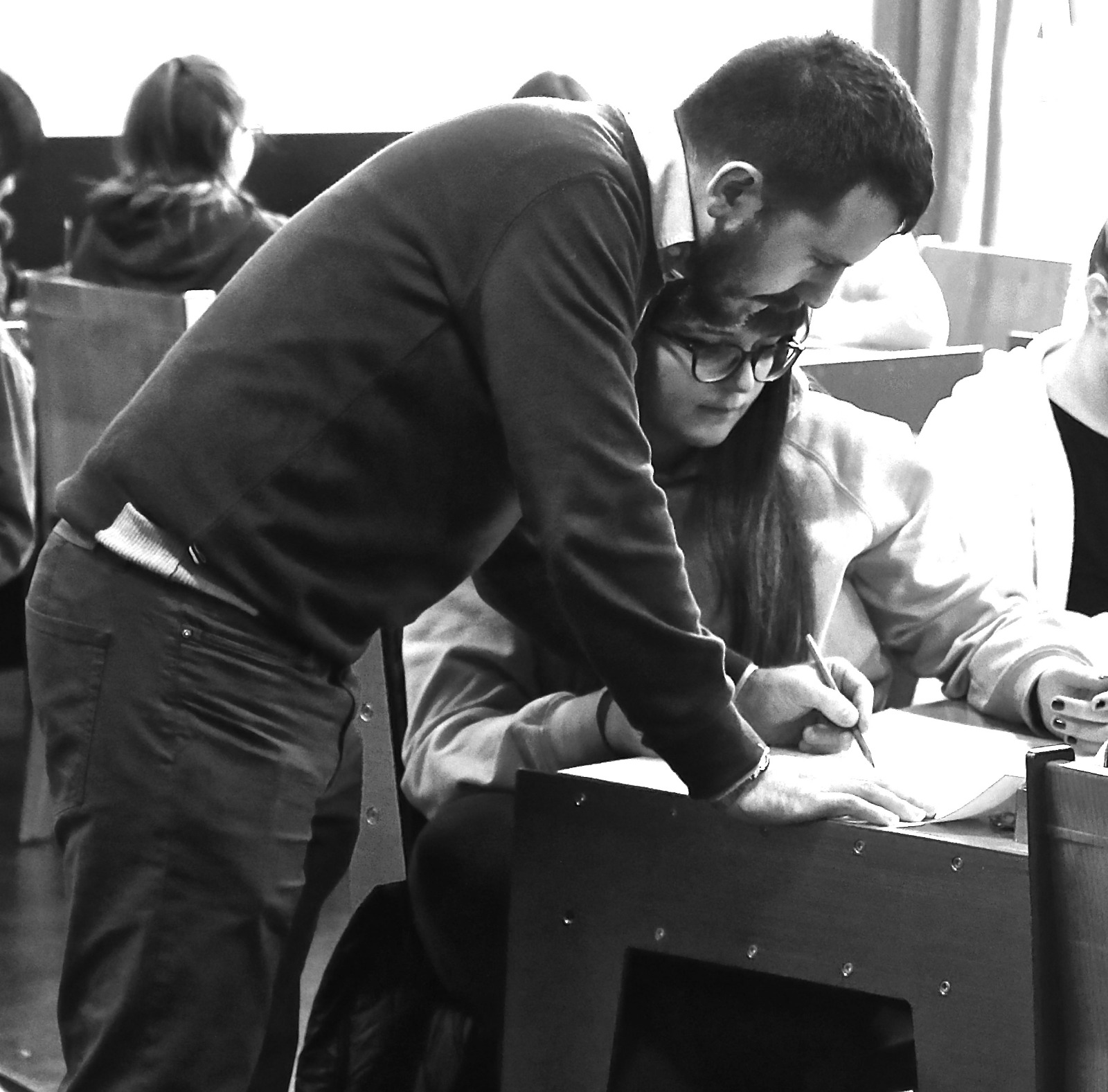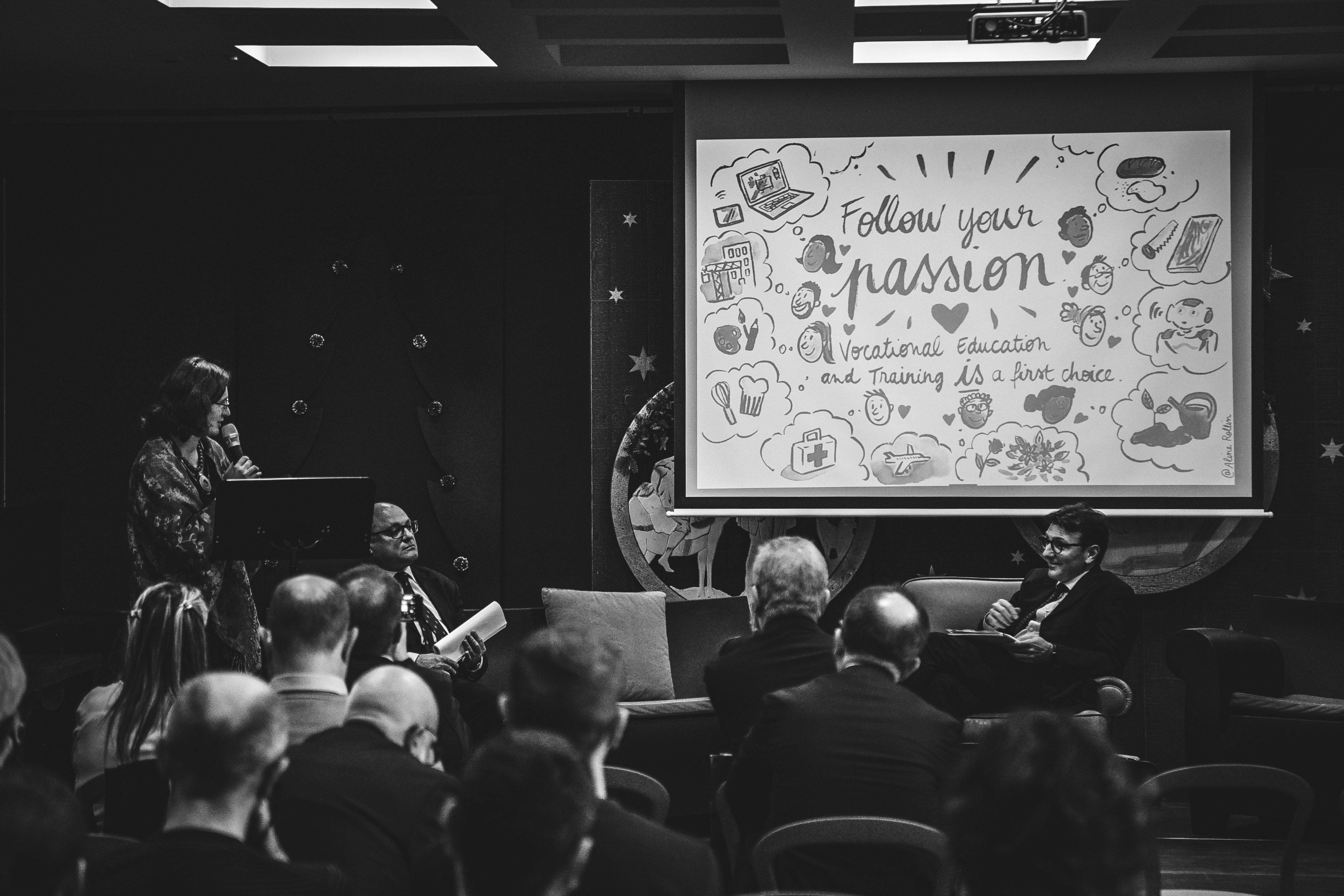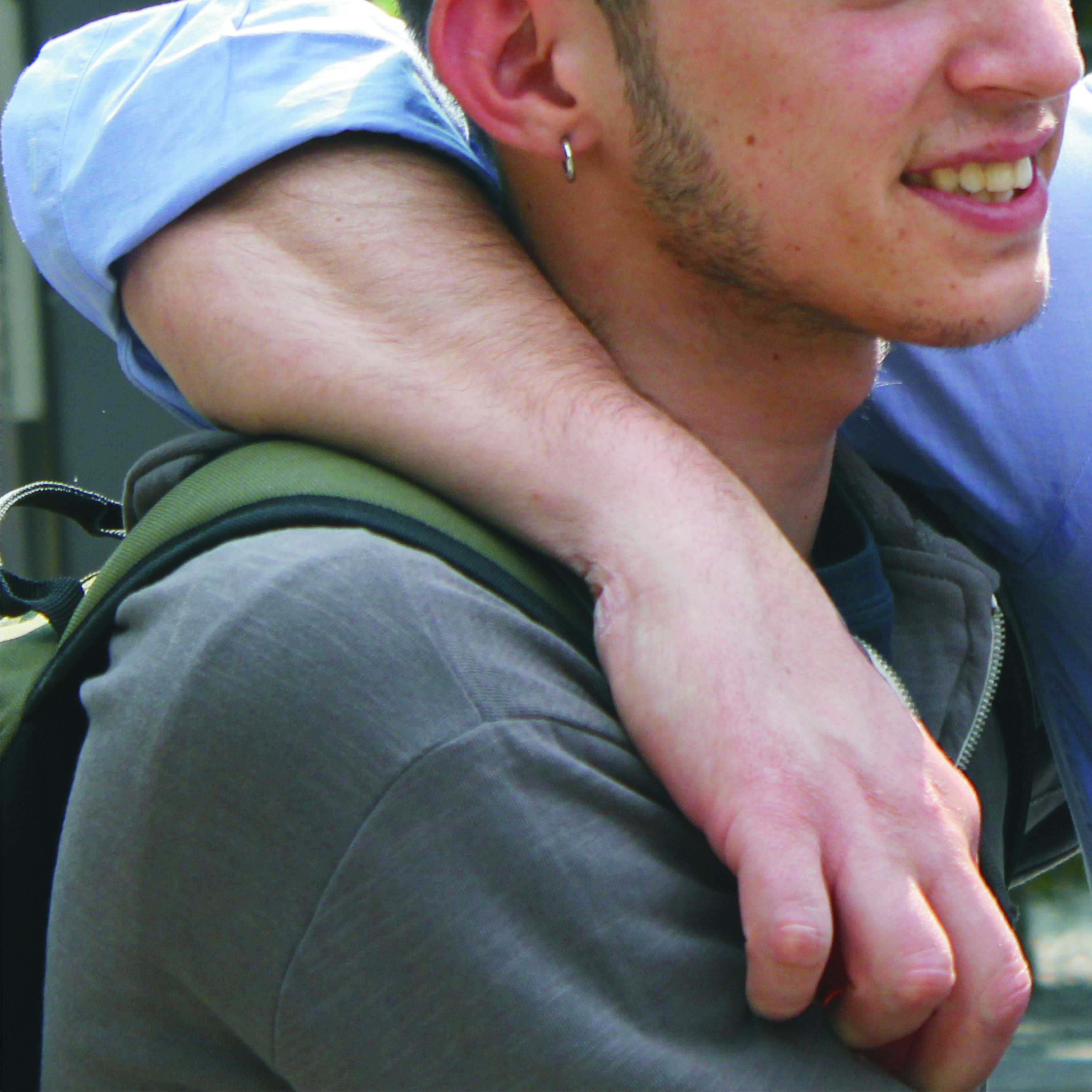Covid-19 crisis represents, with no doubt, a terrible threat to our health, social life and economic welfare. Notwithstanding this, as every problem, it can play an important role in stimulating our systemic and personal resilience. In this article, the experience of Cometa Formazione and IATH Academy has been described in terms of practices and actions to cope with this crisis, trying to still pursuing their model of “Inclusive Excellence”.
(Article published on the EfVET Magazine for Professionals – issue June/2020)
Policy
Inclusive Excellence in VET: the experience of Cometa Formazione
“We need to offer excellence to everyone, to all VET learners […] no one should be left behind. In short, education should be both excellent and inclusive” (Thyssen’s message to EfVET Conference 2018).
In the recent EU policy on VET, the paramount vocation “to leave no one behind” is clearly stated, by promoting a “whole-school approach” in education for sustainable development (EU Council Conclusions, 2010). The Bruges Communiqué (2010) mentions VET role in promoting social cohesion and facing societal challenges, underlining its dual objective: excellence and inclusion. Also the Riga Declarations (2015) claim to “quality and attractiveness of accessible and inclusive VET” by “more flexible and permeable systems”. The EU New Skills Agenda (2016) invites VET to work on “personal fulfilment and development, social inclusion, active citizenship and employment”, in line with the strategy of “a resilient, inclusive and sustainable growth at territorial level” (Communication Strengthening Innovation in Europe’s Regions, 2017).
(Article published on the EfVET Magazine for Professionals – issue March/2020).
A DNA-model of Individual Capacity of “Leadership for Learning in VET”
Based on empirical findings in an Erasmus+ KA2 project titled “Leadership for Learning in VET”, the purpose of this paper is to reveal an empirically based DNA-model symbolizing the individual capacity of leadership for learning. Using the term “leadership for learning”, we address the connection between principals’ leadership for learning and teachers’ leadership for learning in VET. We found the DNA-model to be built by two strands of brick-stones: “Professional Skills and Knowledge” in wired with “Personal Attitude and Beliefs”. The findings presented in this paper are the result of a multiple case study conducted in collaboration with “leaders for learning” across domains of leadership for learning, across four VET schools, and across countries in the EU.
Graduate tracking and Alumni relations in VET schools
Since the Council Recommendation on Tracking Graduates (EC, Nov 2017), tracking procedures have become a key policy priority. The Recommendation is part of the New Skills Agenda for Europe and aims at improving the availability of qualitative and quantitative data on graduates from Vocational Education and Training (VET) and higher education programmes. It invites Member States to establish, by 2020, graduate tracking systems that include the collection of relevant administrative data from education, tax and social security databases; the development of longitudinal graduate surveys; and the possibility to link, on an anonymous basis, data from different sources to build a composite picture of graduate outcomes.
Inclusive Excellence in VET: towards Lifelong Employability
Inclusive Excellence is the distinctive element in Cometa learning approach, with highly positive results in terms of students job placement and personal development. These results have been recently awarded by UNESCO-UNEVOC which included Cometa in its international network. The official announcement, at the presence of the President of Lombardia, has been the trigger for an international conference on the future of VET organized by Cometa, EfVET, UNESCO-UNEVOC and VETNET (European network of researchers in VET).
Reality-Based Learning And The Oliver Twist School: Towards A New Approach In VET
Recent debate on VET, at both institutional and academic levels, points out the need for new approaches able to face the current and future challenges: (technical and social) innovation, attitude to lifelong learning, internationalization, literacy, among the others (Dato, 2017). A stronger partnership between the industrial and the educational systems is increasingly suggested (WEF, 2016). However, it is clear that rather than rooted only on work-based learning, the needed competences for the “unknown future” (Mulder, 2017) depend on new approaches able to stimulate in the students/apprentices a lifelong learning attitude (Pouliakas, 2017). This research, based on a case study analysis, aims at outlining the main elements of originality of a new approach called “reality-based learning” developed by Cometa Formazione-Oliver Twist School and measuring a set of KPIs to evaluate outcomes and social impacts of the approach. In this approach, both the professional training and the general education are integrated in a learning process based on involving students in the design and production of real products for real customers in school’s workshops. The analysis outlines mainly positive results in terms of human and relational growth; cultural and professional growth; school dropout reduction and public system savings; employment increase.
(Article by Paolo Nardi and, from Politecnico di Milano, Irene Bengo and Debora Caloni, presented at ECER 2018 and published on the Special Issue of IJRVET)
L’Approccio Educativo di Cometa. Un Rapporto sulla Scuola Oliver Twist
Lo scorso 20 febbraio 2018, Cometa Formazione e Cometa Research hanno organizzato la conferenza “L’approccio educativo di Cometa. Rapporto sulla Scuola Oliver Twist”. Nel corso della conferenza è stato presentato ufficialmente il rapporto promosso da Fondazione Agnelli e curato da Gaia Banzi (Università di Milano Bicocca) con la supervisione scientifica di Susanna Mantovani (Università di Milano Bicocca) sulla originalità pedagogica e la trasferibilità dell’approccio di Cometa. Tra i relatori, hanno partecipato Shyamal Majumdar (Direttore di UNESCO-UNEVOC) e Mariavittoria Garlappi (ETF Foundation).
Condividiamo le conclusioni del rapporto in questo blog. La versione completa in italiano e inglese è disponibile a questo link.
The Pedagogic Function of Reality in Progressive Vocational Education: the Case of Cometa Formazione
In May 2017 I had the privilege to be a guest of Cometa Formazione in Como, Italy. I learned that this organization employs a set of philosophical, pedagogical and educational design principles which makes it quite unique in the world of vocational education within the European Union and beyond. Started as a fostering association of a group of families, it evolved in an organization for vocational education for both foster and regular students. Beauty is seen as an essential driver of respect and attraction, which influences behaviour and learning. The set of principles on which the practices of Cometa Formazione are based will be shortly described below. The principles go very well together with notions of progressive education, which is an educational philosophy developed by Dewey. He stated that discovery learning and applying acquired knowledge to the world around children was the right pedagogical approach for all education. Experiential learning thus became an essential ingredient of progressive education.
Un’alleanza educativa multi-stakeholder per la personalizzazione: la strada per i minori fuori famiglia
La promozione del benessere scolastico dei bambini e dei ragazzi che si trovano temporaneamente fuori famiglia (in affido etero familiare, oppure ospiti di comunità residenziali compresi i minori non accompagnati) è un tema oggi di grande rilevanza. Questo concept note rappresenta una riflessione sintetica frutto del lavoro di équipe di educatori e formatori che operano all’interno del network Cometa.
Dall’Alternanza all’Integrazione Scuola-Lavoro. La scuola nel XXI secolo
I sistemi di alternanza scuola-lavoro, il work-based learning in generale, sono oggi proposti come una delle strade maestre per il necessario cambiamento del sistema educativo. Se da una parte ciò sembra portare effettivamente risultati incoraggianti, restano alcuni limiti che maggiormente emergono nei Paesi dove i modelli work-based sono da più tempo sperimentati: in particolare la giustapposizione tra apprendimento a scuola e apprendimento professionale. Rispondere in maniera efficace a queste criticità, salvaguardando il valore di un approccio complementare tra scuola e lavoro, ha portato Cometa Formazione a implementare un modello didattico nuovo, la Scuola-Impresa, che genera una effettiva integrazione scuola-lavoro grazie a un processo di apprendimento transdisciplinare: il reality-based learning.
(Articolo a cura di Laureen De Palma, Paolo Nardi, Marianna Nicotra e Barbara Robbiani, per la terza edizione de “La Via Italiana alla Social Innovation. L’Integrazione Scuola-Lavoro“)
